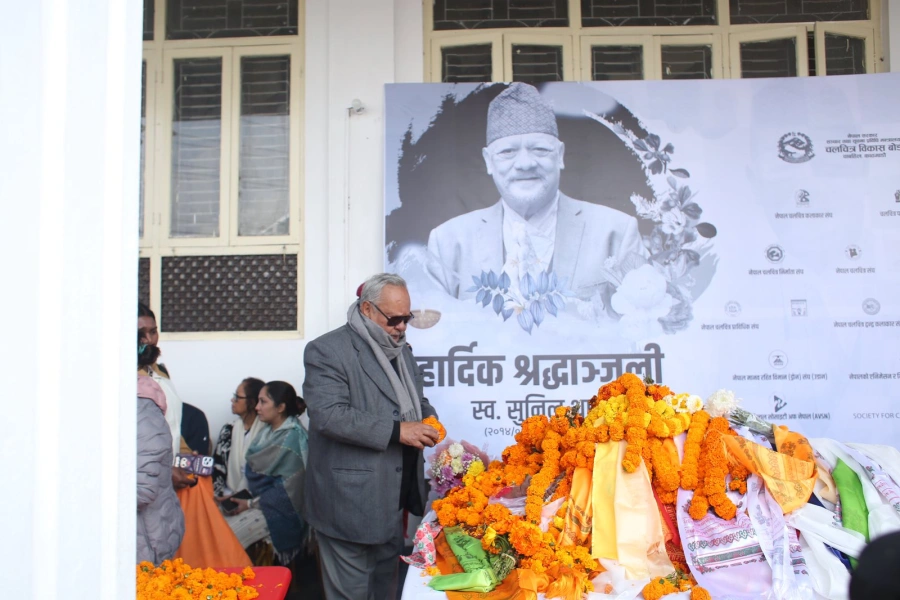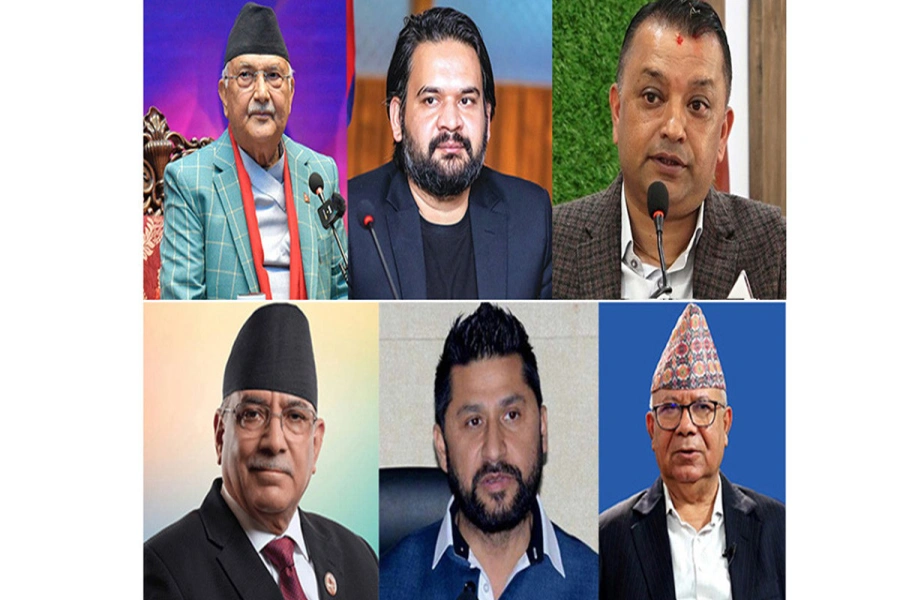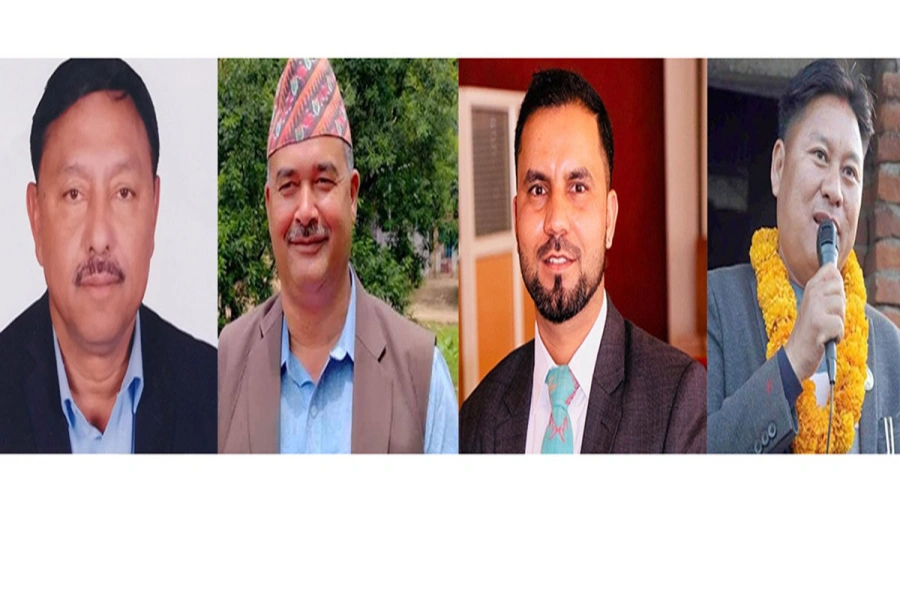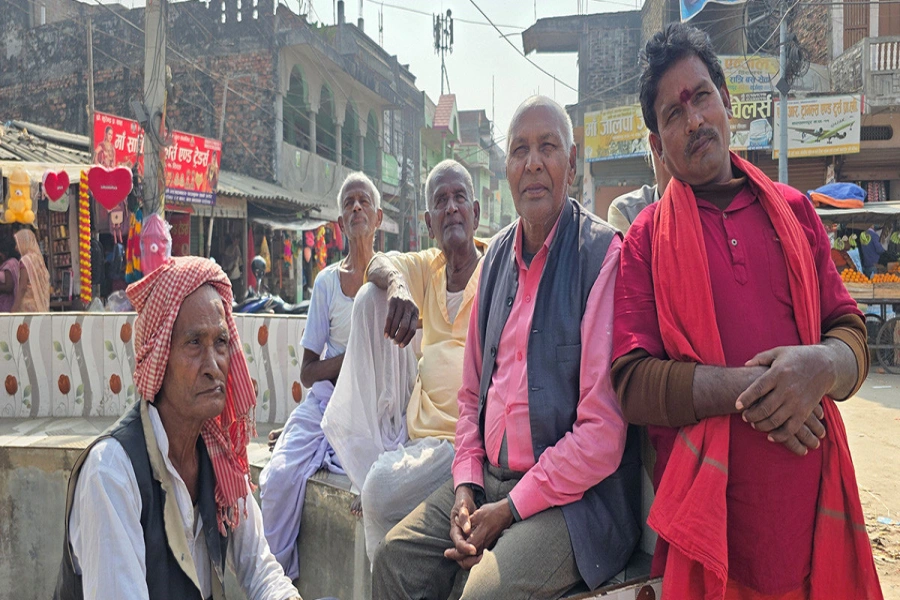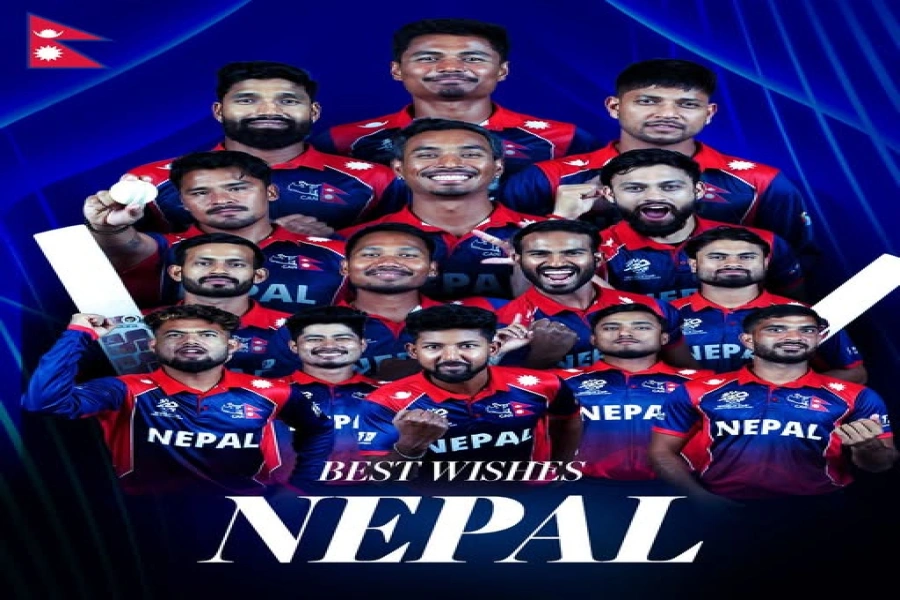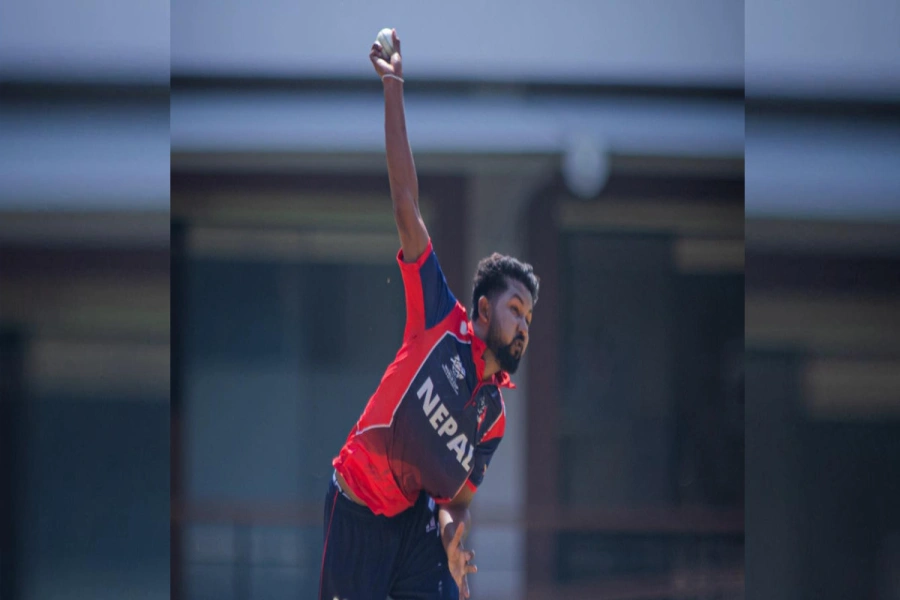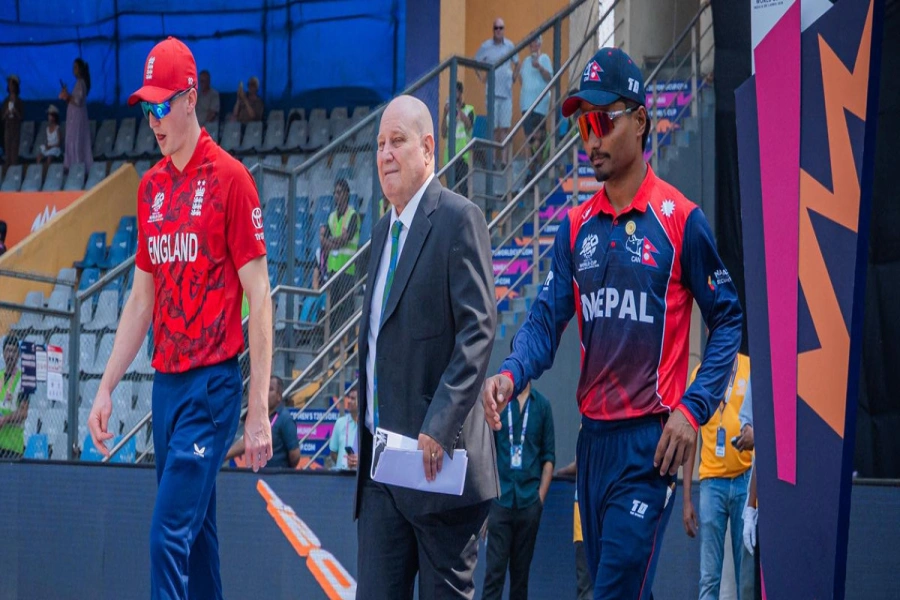Upasana, an elderly woman who has been selling artifacts in the same area for over five years, shares that she does not find it odd anymore to see a boy and a girl, even in their early teens, holding hands or even caressing each other.[break]
“Things are different now. In my times, a couple even making eye gestures at each other in front of elders was considered to be immoral,” Upasana says.
True to what she says, the sights of couples embracing or even mildly kissing each other in open places have become common. Most of the Kathmanduites do not bother about it and do not care to complain about it.
However, actions will be taken against couples displaying their affection publicly if complains are made to the police station by locals, says DSP Lal Manu Acharya at Hanuman Dhoka.

However, the action taken is not severe. If they are receptive and willing to improve their behavior, the police tend to leave them without any action and counsel them. In some cases parents are called and informed about their behavior.
“In extreme cases, though we haven’t taken any till now, we can imprison them for up to 25 days and can charge them with public offence,” he adds.
Although police claim that the situation is handled with care and that the actions are taken only when someone complains, there have been many instances when young couples were harassed while they were just holding hands. But there are also couples who have not been encountered by the police so far.
Shreeya and Gagan (names changed) have been going out for many months now. They admit to have displayed their affection publicly at times but have always evaded the eyes of the authorities.
“We usually go to Patan Durbar Square and love to walk holding hands and give a hug to say goodbye. But no one has complained about it yet.”
Basu Kharel, sub-inspector at Hanuman Dhoka, says that eventually most of the couples will be taken action against if they do not stop romancing in the public.
“If they really want to hug and kiss, they can go to places like Chobhar and Raniban where no one will be disturbed and no action will be taken by the police,” he says.
People who have a problem with public display of affection will definitely like if couples go to secluded areas like Chobhar. However, Pramila finds the mentality of the society biased. She questions, “If kissing in public is frowned upon, why not pissing?”
For Pramila and many others, passing water publicly is more disgusting than kissing. She feels that if the society can accept pissing publicly then why can’t they accept the act of expressing love? This can only be discrimination to the youth who have no other places to express their love to their partner.
With lack of parks and other places of entertainment for the youth, interfering in their personal life will only force them to find isolated places which might result in serious consequences.
The society is evolving and with many other changes, the extent of digestible public display of affection is also changing, slowly. Changing nevertheless. It is difficult to resist change and the police and the public should be aware that resisting too much might result in even graver consequences. In both the cases, the youth may be blamed.
‘Interconnection Affection’ on display





